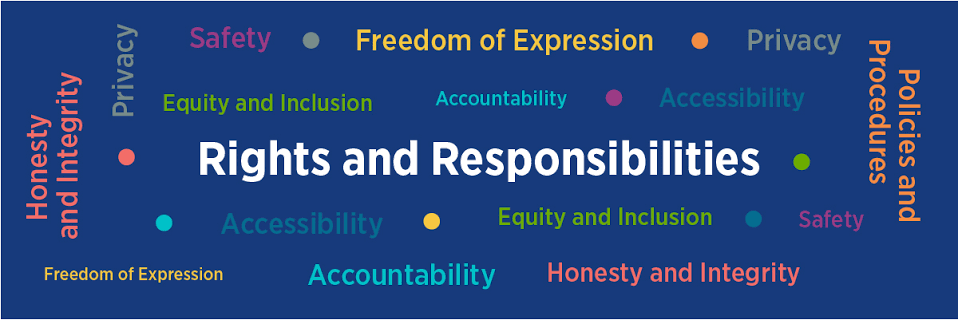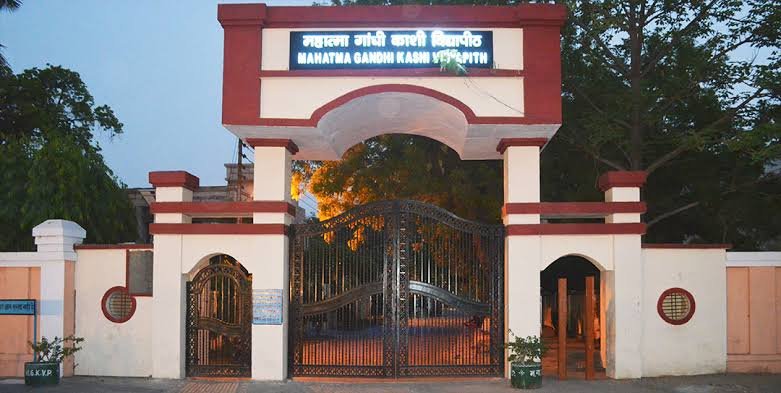Introduction
Mahatma Gandhi Kashi Vidyapeeth, a famous school in Varanasi, Uttar Pradesh, has been mired in controversy due to the delay in delivering the results for 32 academic degrees. On Sunday, a significant group of students mounted a demonstration against the administration, demanding the prompt release of the results. The issue has produced major resentment among students, especially since the university is intending to host its convocation event without delivering final scores for these courses. The students say that this judgment is unfair and could lead to more issues in their academic and professional careers.
This episode has brought to light various difficulties faced by students and the administration, including systemic delays, administrative pressures, and the impact of such acts on the student body. In this article, we will take an in-depth look at the protests, the issues presented by students, the administration’s response, and the broader ramifications for Mahatma Gandhi Kashi Vidyapeeth and other universities facing similar challenges.
Background of the Issue
The Importance of Convocation Ceremonies
Convocation ceremonies are a key milestone for students. They symbolize the culmination of years of hard effort and sacrifice. For many, the convocation is not simply an academic event but a moment of celebration with family and friends. It also serves as an official platform where students get their degrees, which are vital for their professional employment and higher studies.
At Mahatma Gandhi Kashi Vidyapeeth, like at most universities, convocation ceremonies are highly awaited. The university administration often prepares months in advance, ensuring that the ceremony runs well and that all graduating students receive their degrees on time. However, in this situation, the decision to proceed with the convocation without disclosing the results of 32 courses has aroused severe concerns among the students.
The Delay in Results
The fundamental issue of the protest revolves around the delay in announcing the results for 32 academic courses. According to the students, this delay has put roughly 100,000 students in a condition of anxiety, as they are unaware whether they will graduate or if they need to repeat for exams. Despite numerous demands for updates, the university administration has failed to offer a clear schedule for the release of the results.
Students who had appeared for their exams months ago are still waiting for their results. This protracted wait has produced enormous tension and anxiety among students, many of whom are now apprehensive about their future employment possibilities. The delayed results also mean that these students cannot apply for employment, internships, or higher education programs, further increasing their fears.
The Protest and Student Demands
The Events of the Protest
On Sunday, students gathered outside the Vice Chancellor’s office at Mahatma Gandhi Kashi Vidyapeeth to organize a peaceful protest. The protesters waved banners, chanted slogans, and demanded that the authorities address their complaints. They felt that holding a convocation without the release of the results was unjust and that it weakened the value of the occasion.
The students also questioned the university’s choice to continue forward with the convocation for those whose results had been declared, while keeping a huge percentage of the student population in limbo. According to them, the convocation should be postponed until the results of all students are declared, guaranteeing that everyone receives their degrees at the same time.
Meeting with the Vice Chancellor
In response to the mounting agitation, the Vice Chancellor asked the student leaders for a 30-minute meeting to discuss their concerns. During the discussion, the Vice Chancellor recognized the delay in the results but claimed external factors as the reason for going with the convocation. He informed the students that the administration was working hard to disclose the pending results and sought 24 hours to fix the situation.
The Vice Chancellor noted that despite the delays, the university was under orders to execute the convocation as scheduled. He also suggested a compromise, indicating that those students whose results had already been declared would receive their degrees during the convocation, while those still waiting for their results would be handed their degrees at a later occasion.
Student Reactions and Future Course of Action
Student Concerns
Although the Vice Chancellor’s pledge brought some solace, many students remained disappointed with the administration’s response. They contended that conducting the convocation in two parts—one for students with results and another for those still awaiting theirs—was not a fair arrangement. This split, they feared, would generate a sense of inequality among students and lessen the impact of the convocation celebration for those who obtain their degrees later. 
The students also expressed worry over the university’s handling of the examination procedure. According to them, numerous results that had been announced were riddled with inaccuracies, with several students being recorded as “absent” despite having attended their tests. Additionally, there were reports of an unusually high number of students failing in specific courses, which prompted doubts about the veracity of the evaluation procedure.
Warning of Further Protests
Despite the Vice Chancellor’s plea for 24 hours to resolve the matter, the student leaders made it clear that if the findings were not disclosed within the specified time limit, they would increase their protest. They warned of larger rallies and perhaps boycotting the convocation ceremony if their demands were not satisfied.
The student leader, Ashutosh Tiwari, underlined that the delay in results was causing excessive stress to thousands of students, many of whom had crucial career and academic ambitions hinging on the timely release of their results. He also pointed out that the administration’s choice to proceed with the convocation looked to put external pressures over the well-being of the students.
The Role of the University Administration
External Pressures on the University
During the discussion with the students in Kashi Vidyapeeth, the Vice Chancellor revealed that the university was under significant pressure from higher authorities to perform the convocation as scheduled. While he could not name the source of this pressure, it is thought that the administration is facing directions from the state or national government to stick to a fixed timeline for convocation ceremonies.
This circumstance has placed the university administration in a difficult position. On the one hand, they are supposed to follow the orders from higher authorities, while on the other, they must address the valid concerns of the students. Balancing these contrasting objectives has proven to be a struggle, resulting to the current impasse.
The Examination and Evaluation Process
Another major issue that has come to light throughout this debate is the quality of the examination and evaluation procedures at Mahatma Gandhi Kashi Vidyapeeth. According to the students, the delay in results is not an isolated incidence but rather indicative of deeper systemic difficulties within the university’s academic framework.
The fact that a considerable number of students have been marked as absent or have failed courses despite attending tests shows that there may be flaws in the evaluation process. Students have urged a comprehensive assessment of the examination and marking methods to guarantee that such mistakes do not recur in the future.
Broader Implications for Higher Education
The Need for Timely Results
The scenario at Mahatma Gandhi Kashi Vidyapeeth is not exceptional. Across India, universities have grappled with delays in announcing test results, leading to significant discontent among students. These delays can have far-reaching repercussions, particularly for people seeking for jobs or higher education programs, where prompt submission of academic transcripts is important.
The episode emphasizes the necessity for institutions to prioritize the prompt distribution of results to avoid such problems in the future. Educational institutions must guarantee that their internal processes for administering exams and analyzing outcomes are efficient, transparent, and free from errors.
Student Rights and Administrative Accountability
The demonstration at Kashi Vidyapeeth also underlines the necessity of student involvement in holding university authorities accountable. Students are the major stakeholders in every educational institution, and their issues must be addressed with immediacy and fairness. When students believe that their rights are being neglected, as in the instance of delayed results, they have every right to seek accountability from the administration. 
University administrations in Kashi Vidyapeeth, in turn, must be more proactive in engaging with students and providing regular information on essential subjects like exam results. Transparency in the decision-making process can go a long way in developing trust between students and the administration.
Conclusion
The demonstration at Mahatma Gandhi Kashi Vidyapeeth in Varanasi has brought attention to the significant issue of delayed results, which has placed thousands of students in a condition of uncertainty. While the university administration has vowed to rectify the situation, the bigger concern of administrative accountability remains. Universities must prioritize the requirements of their students, ensuring that results are issued on time and that the convocation ceremonies are done properly. Until these issues are addressed, the disturbance at Kashi Vidyapeeth serves as a reminder of the challenges facing higher education in India.







